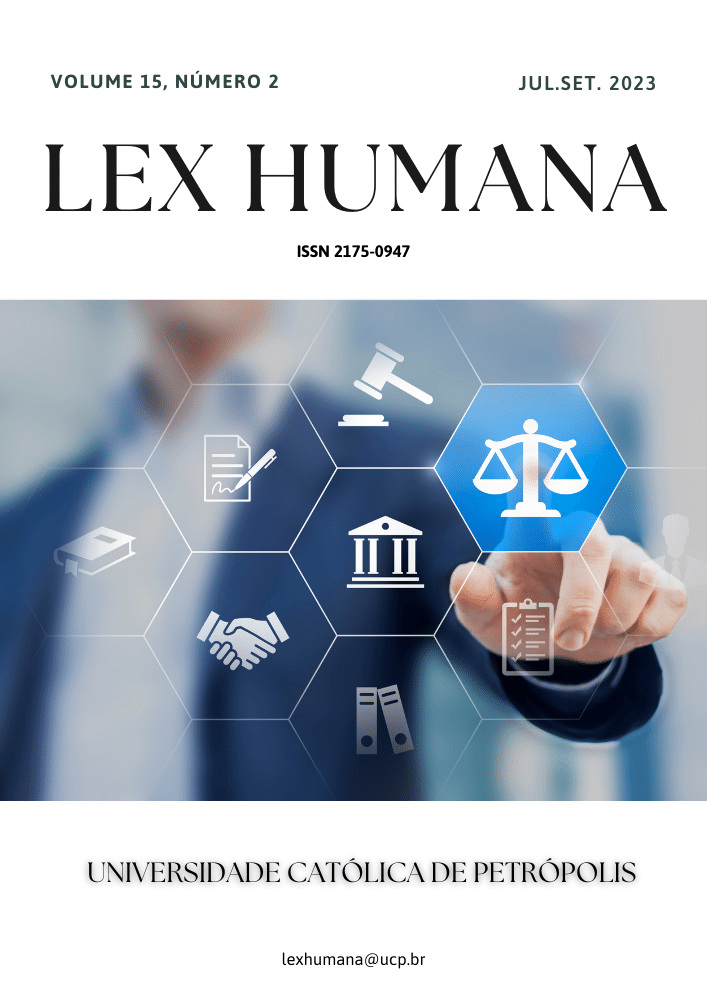Abstract
A family is a fundamental unit of society, and analysing its forms and functions leads to creation and securing rights of its members. With the development of society, cultures have been witnessing the growth of unmarried cohabitation. India, too has seen a steady growth in such an alternate form of intimate partner relationship, witnessed in the form of increased litigation in courts as well as partial legislative recognition. Whereas in most such cases, the courts have addressed the right of maintenance of the female partner, they have usually been silent on the property rights of the partners. This paper attempts to identify the present legal position in India on the property rights of unmarried cohabitants. The authors have identified the legal vacuum and suggested remedies in property and contractual law. Constructive trusts and cohabitation contracts have been identified as legal tools to combat the situation. The authors have also tried to address the scepticism of the public policy argument that may arise in implementing these remedies. The aim of the paper is to expand the scope of the law to make it adept to address the growing social reality of unmarried cohabitation.
References
Journal articles:
Arkepudi N. and Reteguis N. (2020). Women’s property rights are the key to economic development. World Bank. [Online URL: https://blogs.worldbank.org/developmenttalk/womens-property-rights-are-key-economic-development] accessed on July 9, 2022.
Baker, E. (1986). Property and its relation to constitutionally protected liberty. University of Pennsylvania Law Review. 134(4). 741-816.
Banerjee, N. (1998). Whatever happened to the dreams of modernity? the Nehruvian era and woman’s position. Economic and Political Weekly. 33(17). WS2-WS7.
Dommaraju, P. (2016). Divorce and Separation in India. Population and Development Review. 42(2).195‑223
Fineman M. (2004). Progress and progression in family Law. University of Chicago Legal Forum. 1: 1-25
Gupta A. (2009, February 22). Joint ownership of property. Economic Times. [Online URL: https://economictimes.indiatimes.com/joint-ownership-of-property/articleshow/4167937.cms?from=mdr] accessed on July 5, 2022.
Halley, J. (2011). What is family law?: a genealogy Part I. Yale Journal of Law and the Humanities. 1-109.
Hannah, J. (2010). The law & living together: A cohabitation agreement is essential protection for unmarried couples. Family Advocate. 32(3). 28-32.
James E. (1952). Marriage and society. Hutchinson University Press.
Katz, S. (1979). Legal History and Family History: The Child, the Family, and the State. Boston College Law Review. 21. 1025-1036.
Newcomb, P. (1979). Cohabitation in America: an assessment of consequences. Journal of Marriage and Family. 43 (3). 597-603.
Oldham & Caudill. (1984). A Reconnaissance of Public Policy Restrictions upon Enforcement of Contracts between Cohabitants. Family Law Quarterly. 18(1). 93-141.
Sanghera, T. (2019, March 30). How unpaid work is keeping India’s women away from increasing inequality. Business Standard.[Online URL: https://www.business-standard.com/article/current-affairs/how-unpaid-work-is-keeping-india-s-women-away-from-increasing-inequality-119033000605_1.html] accessed on January 3, 2023.
Stenger, R. (1988). Cohabitants and constructive trust: a comparative approach. Journal of Family Law. 27 (2). 373-452.
Witherspoon Institute (2006). Marriage and the Public Good: Ten Principles. Princeton. [Online URL: http://www.laikos.org/PublicGood.pdf.] accessed on January 10, 2023.
Cases:
Badri Prasad v Dy. Director of Consolidation and others AIR 1978 SC 1557
Gissing v Gissing [1971] AC 886
Gherulal Prakash v Mahadeodas Maiya & Ors. 1959 AIR SC 781
Gulza Kumari & Ors. v State of Punjab & Ors. PLR (2021) 202 P&H 711 (2).
Indra Sarma v VKV Sarma (2013) 15 SCC 755
Lata Singh v State of UP (2006) 5 SCC 475
Marvin v Marvin 18 Cal. 3d 660
Payal Sharma v Nari Neketan AIR 2001 All 254
Pettit v Pettit [1970] AC 777
Stack v Dowden [2007] 2 UKHL 17
State v Manu Gopal (2019) Delhi District Court, S.C. No. 456/2017
Reports:
UN Women, Progress of the World’s Women 2019-2020: Families in a Changing World.
Interviews:
Ms. Sandra Williamson on ‘Why you may need a cohabitation contract’ [Online URL: https://www.youtube.com/watch?v=Ugj2iL_gjfU]

This work is licensed under a Creative Commons Attribution-NonCommercial-NoDerivatives 4.0 International License.
Copyright (c) 2023 Lex Humana (ISSN 2175-0947)

